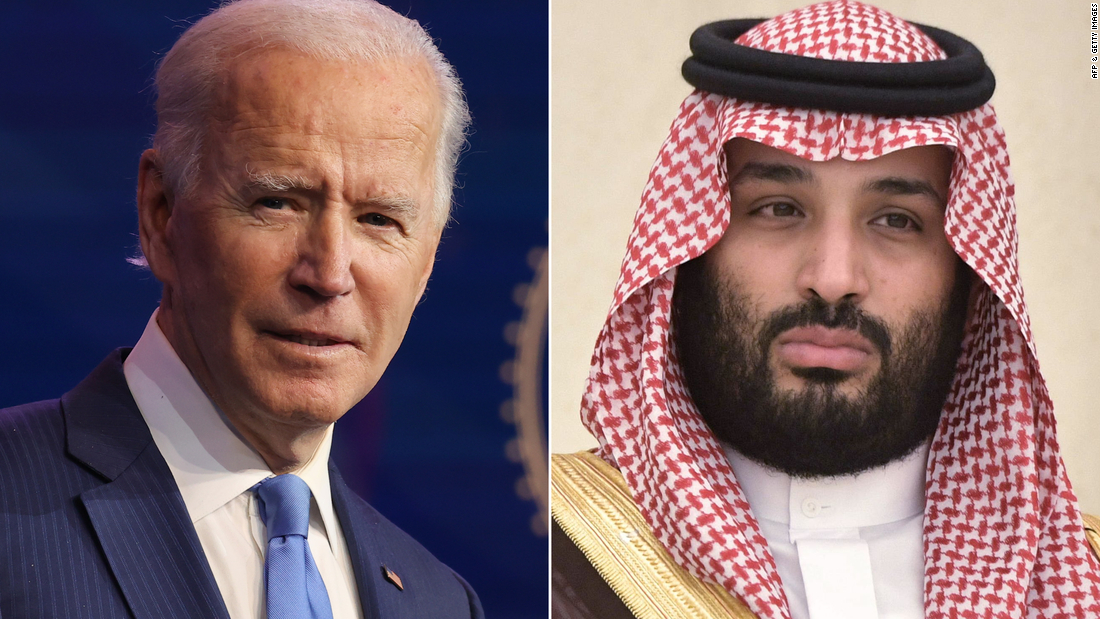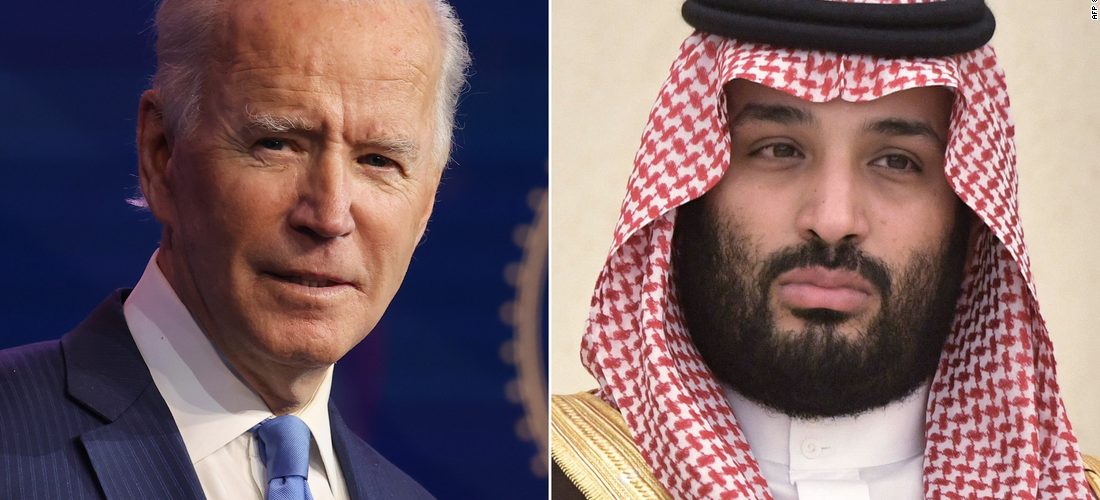
Opinion: What Biden needs to get if MBS wants to reconcile



“Instead of interventionist & biased remarks & expressing insincere concern over Iranian women & girls, you’d better be concerned about US, German and UK healthcare personnel, patients & tackle...
TEHRAN, Oct. 05 (MNA) – Iranian Parliament Speaker Mohammad Bagher Ghalibaf Tehran’s serious policy is to develop strategic relations with neighboring countries in all fields. Ghalibaf made the remarks before...
TEHRAN: Iran on Wednesday condemned Britain for criticizing the Islamic republic over the launch of its latest military satellite into orbit. The Islamic republic announced last week the “successful” launch of the Noor...
Sign up for our email newsletter

apadanafreedomfoundation.org owns and operates this website. All trademarks, service marks, trade names, and logos displayed on this website are proprietary to apadanafreedomfoundation.org or its affiliates, except as explicitly… Read More